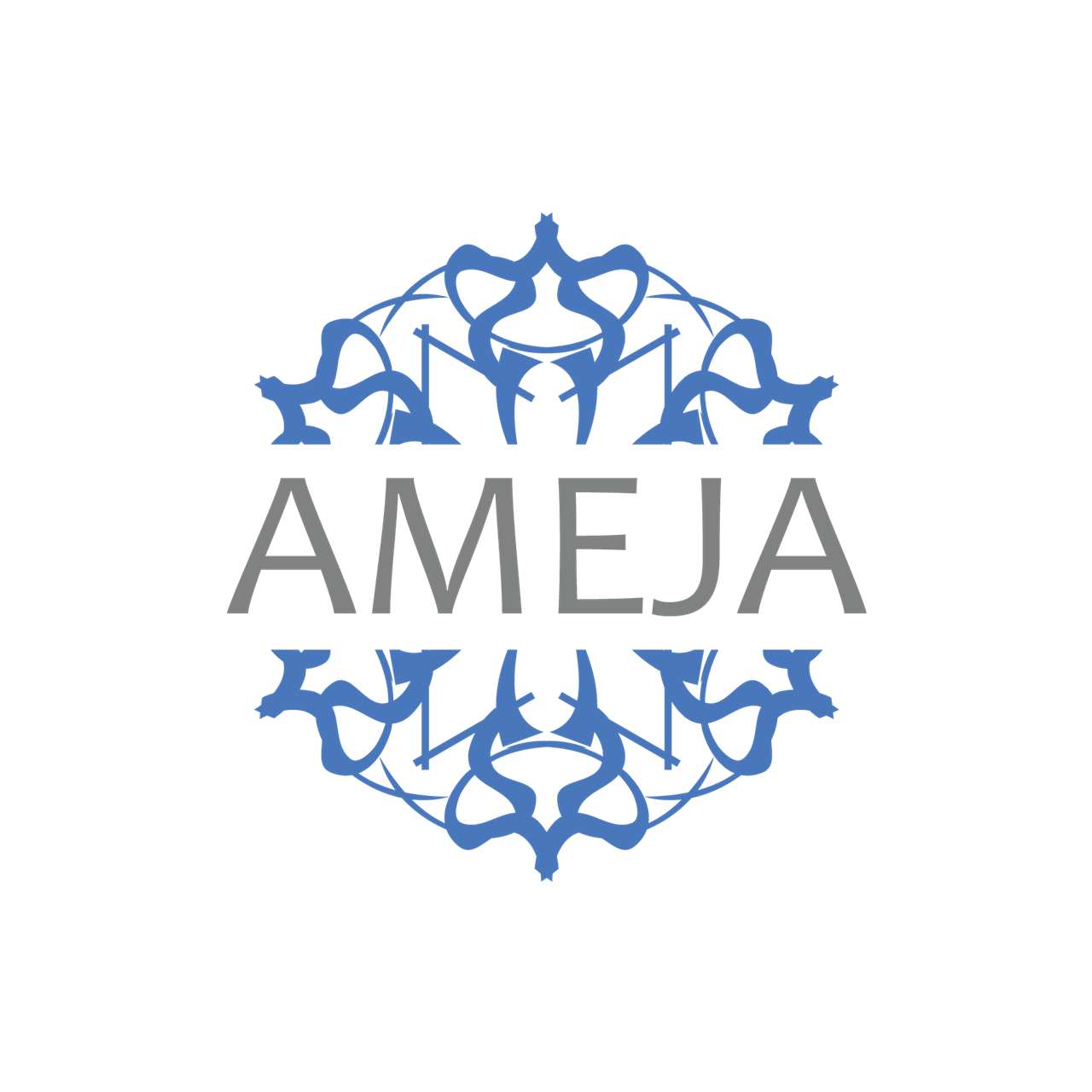Introduction
Since October 7, journalists of Middle Eastern and North African (MENA) descent have faced intensified scrutiny in their newsrooms. To better understand these experiences, AMEJA surveyed about 70 journalists working across the United States and beyond.
The findings are clear: reporters of MENA descent are asked to prove their neutrality more than their peers, their identities are treated as implied biases, they are discouraged from covering stories tied to their communities, and they receive little institutional support.
This report captures not just data but the lived experiences of journalists working under suspicion, silencing pressures, and fear at the exact moment their voices are most needed.
noticed changes in how editors assign, frame, or edit coverage of MENA communities. Only 10% said no.
said their reporting on the MENA region has been held to a higher standard of neutrality.
said newsroom expectations of objectivity are applied unevenly depending on background or identity.
said their impartiality has been questioned explicitly because of their ethnicity or religion.
reported increased online harassment since October 7.
Survey Results
Hover a row to see exact respondent counts. Percentages appear at the end of bars.
Editorial Standards
Safety
Institutional Support
Conclusion
This survey makes visible what many MENA journalists have long felt in isolation: that their work is often scrutinized more harshly, their identities questioned as biases, and their professional risks compounded by online harassment and limited institutional support. Nearly half have been discouraged from covering issues central to their communities. Three in four report that “objectivity” is enforced unevenly depending on who they are. Most have had their impartiality questioned, and many feel compelled to self-censor. These are not isolated experiences but systemic patterns. Newsroom leadership has largely failed to meet the moment. Few managers proactively check in. Few outlets provide mental health or security resources. Confidence in internal accountability is low.
As an association, AMEJA takes these findings as both validation of what our members have voiced privately and as a call to collective action. Strengthening MENA journalists in U.S. media is our mission, and this moment demands redoubled effort. The data points toward clear priorities:
- Equity in editorial standards. Newsrooms must apply expectations of balance and neutrality consistently, without treating MENA journalists as suspect or unreliable.
- Safety and support. Employers should offer concrete resources—mental health care, legal support, access to data privacy tools, and security training for those targeted for their reporting.
- Invest in leadership pathways. With MENA journalists underrepresented in decision-making roles, representation at the top must be a priority if coverage is to change.
- Build community solidarity. Where institutions fall short, journalists can and must turn to one another. AMEJA will continue to provide mentorship, connection, and advocacy to make sure no one faces these pressures in isolation.
AMEJA is committed to carrying these findings into conversations with newsroom leaders, allies, and the wider public, to ensure that MENA journalists are empowered, protected, and heard. If you are in a leadership position in your newsroom or media company, please reach out to the AMEJA Board to discuss the findings and pathways to improving the environment for your journalists.
